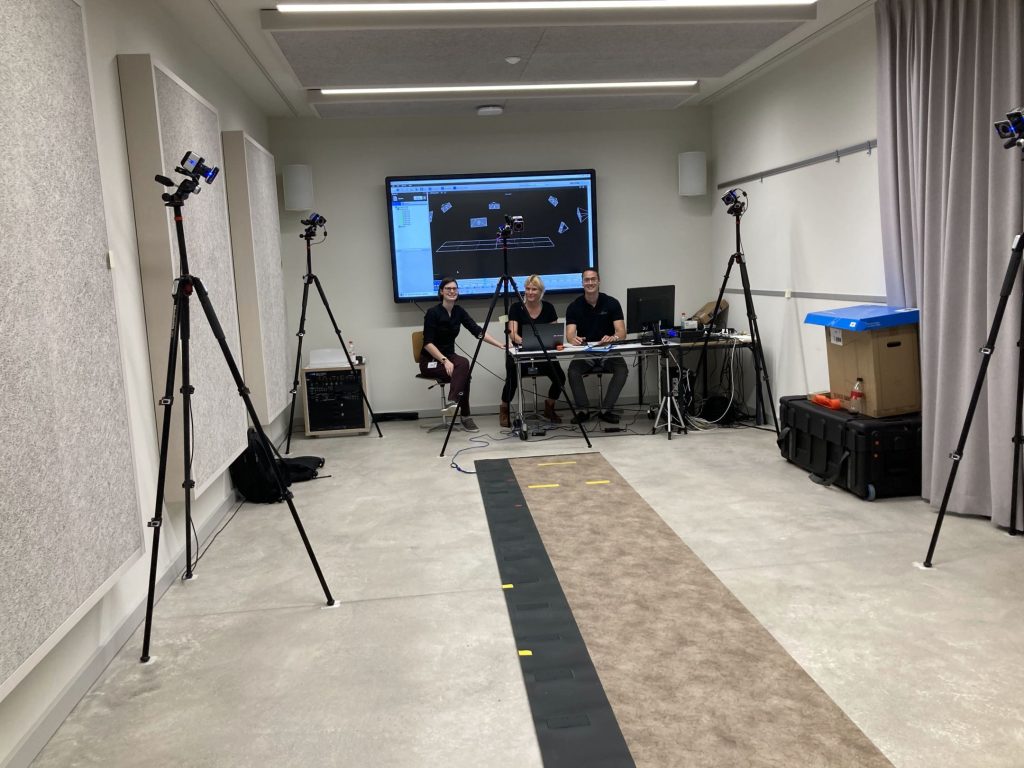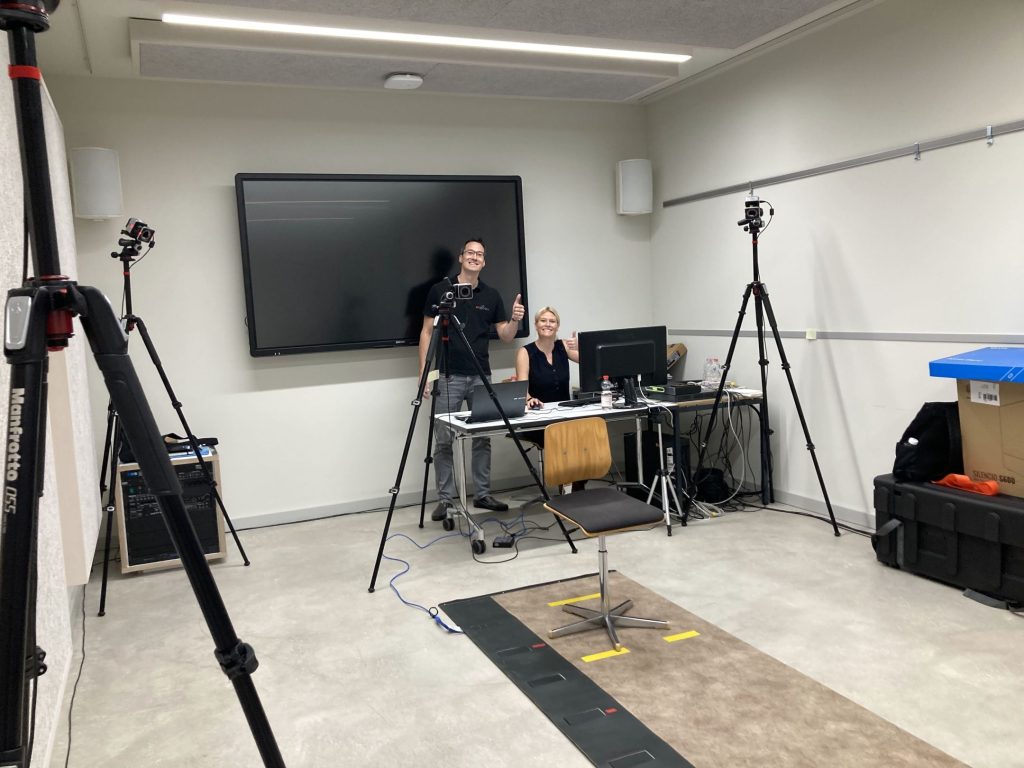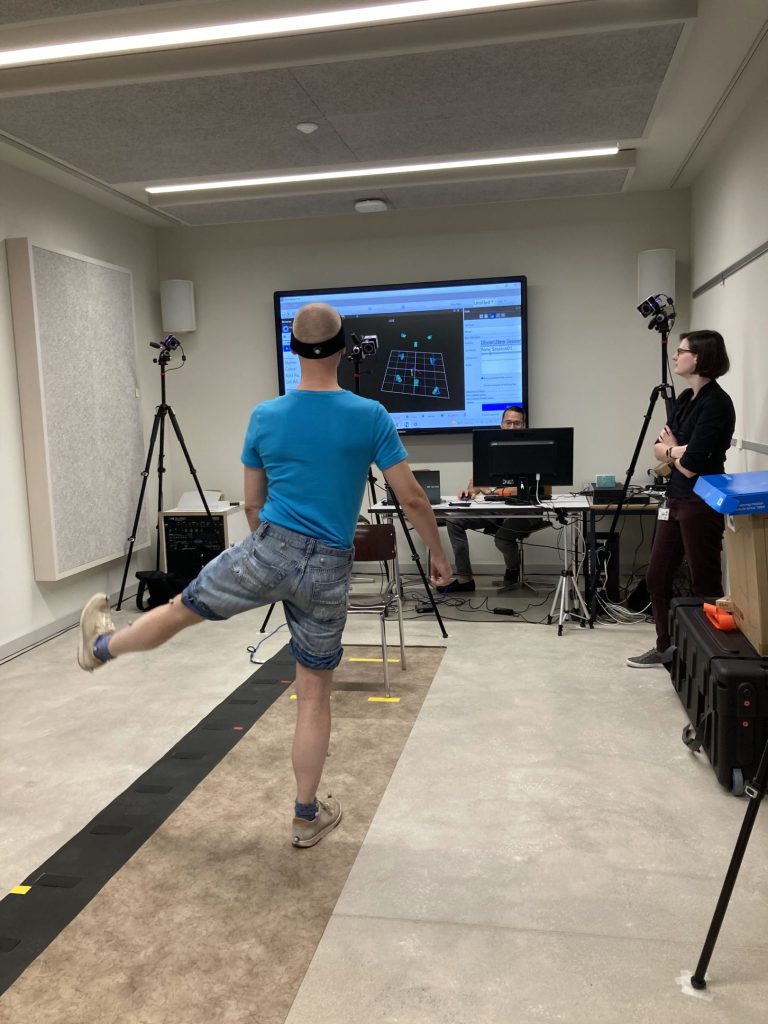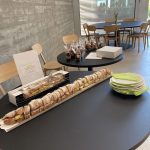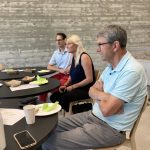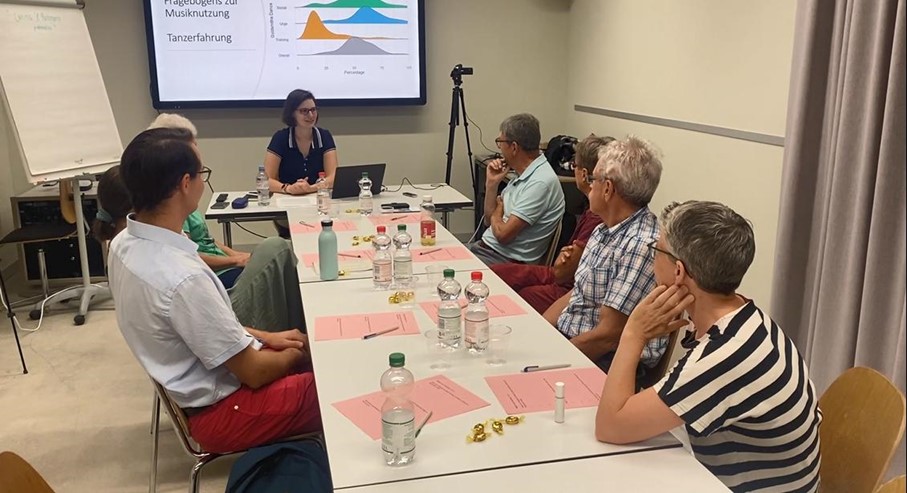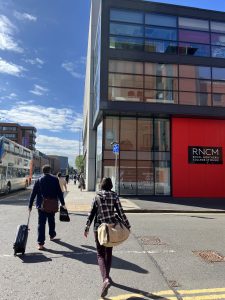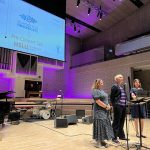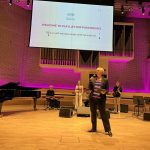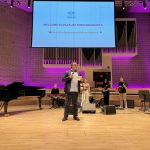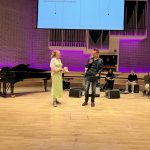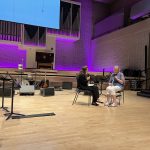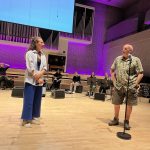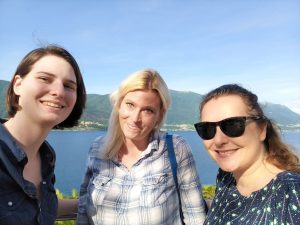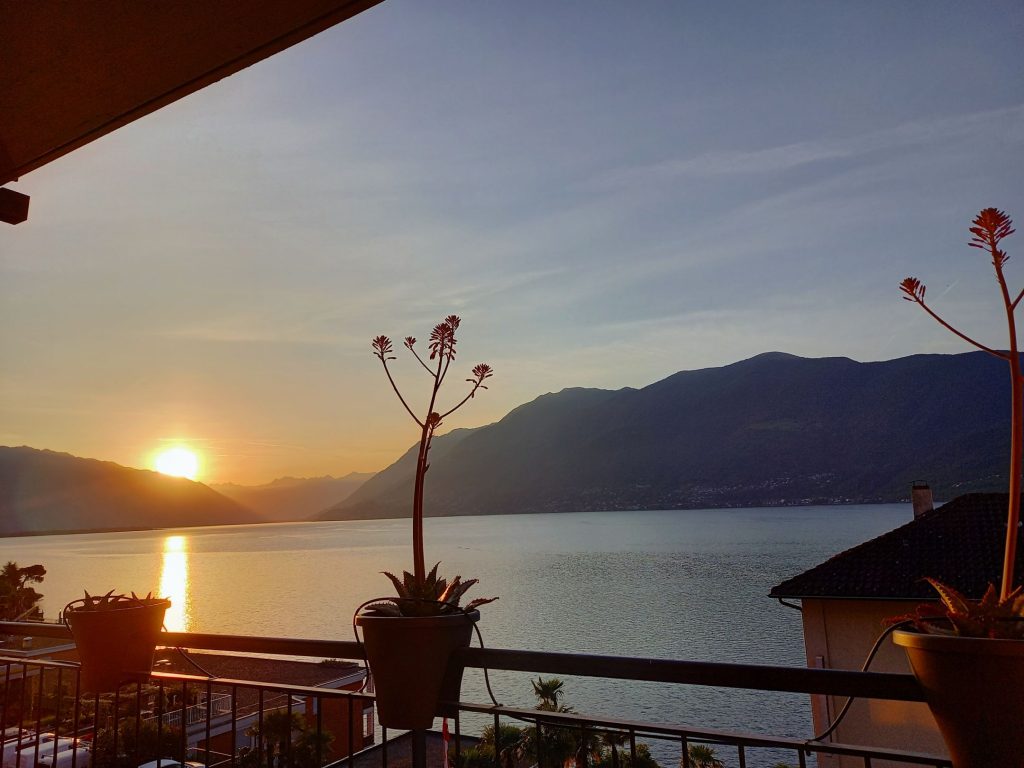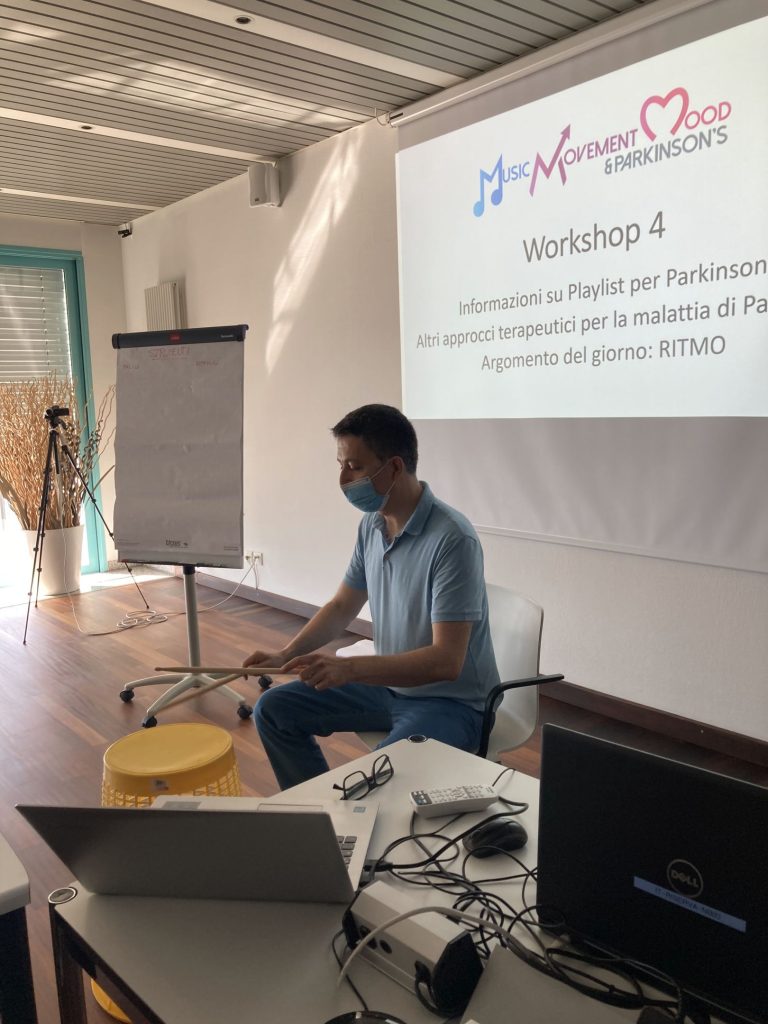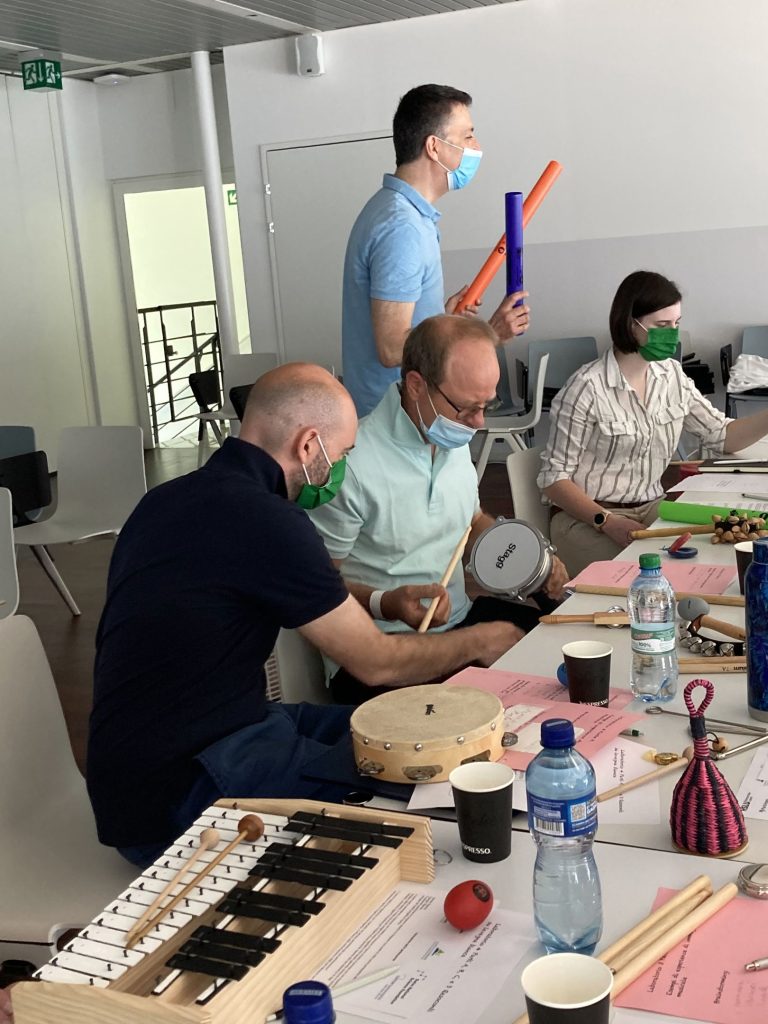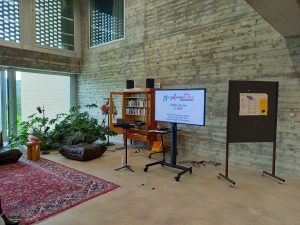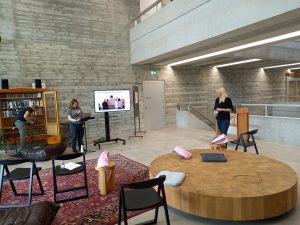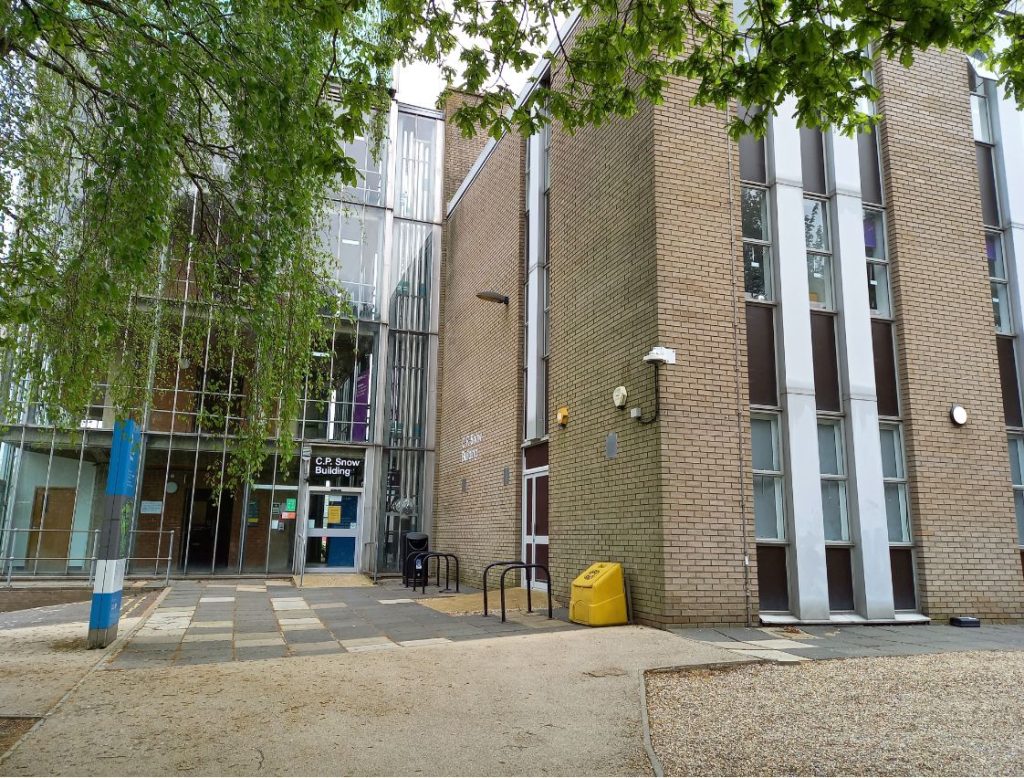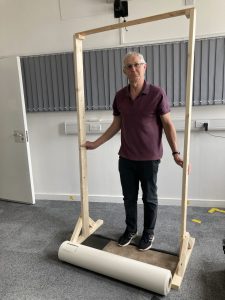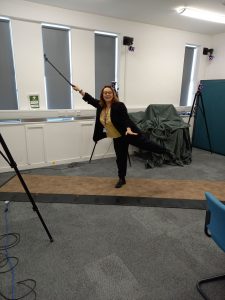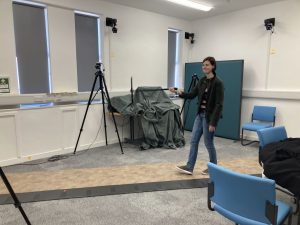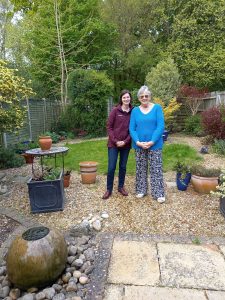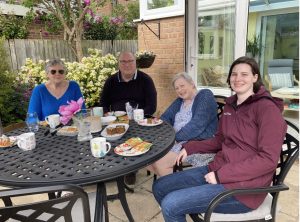Hello dear research friends, interested people and those who would like to become one!
It’s that time again, finally a new blog post! Last weekend I was at the 38th annual conference of the German Society for Music Psychology – affectionately known by everyone as the DGM – on the topic of “The Psychology of Popular Music” and now I would like to tell you about this further adventure.
It was my first conference that I was allowed to attend in presence. I had already been to the DGM conference last year, but unfortunately it was still online, and I can now understand and confirm that even though they are well done and you meet nice people, they are nowhere near the real thing. I was accordingly thrilled and am already looking forward to the next conference! 🙂 It was also very nice that I was not the only representative of the team or the Lucerne University of Applied Sciences and Arts, besides Sabrina, Valèrie and Olivier also attended the conference. Valèrie was supposed to present a poster for Dawn, as she had to be at the Sempre Society conference in England, while Olivier was supposed to give a talk on his new groove model.
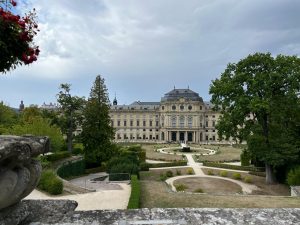
The conference was held at the university in Würzburg. A beautiful city that is certainly worth a visit, and not only because of the excellent Franconian wine, as I was told 😉 but of course mainly because of the Residenz, which is also a UNESCO World Heritage Site.
In any case, the conference started for me on Thursday in the form of the annual PhD workshop, where we talked about hybrid conference formats, communication with journals and presentation techniques with great speakers like Felix Thiesen and Klaus Frieler. Of course, the social aspect was not to be missed either, which is why we ordered pizza in the evening and had a picnic outside. That was a really nice way to start the conference, because I already met old faces again, but also new people, and I don’t know about you, but it always puts me at ease when I see familiar faces at such large events.
The conference programme opened on Friday afternoon with a welcome from the board and immediately went into full swing with two talks on unloved music and listener usage motives. Very exciting!
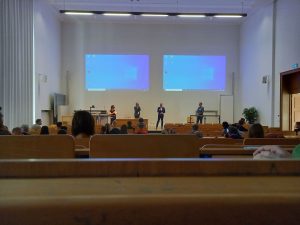
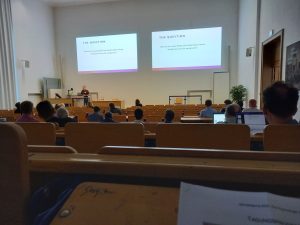
The event had a very tight programme, but in between there were always enough coffee breaks, which I learned are ideal for networking. Fortunately, the DGM is very informal and does not organise overlapping lectures, so I actually had the pleasure of enjoying all the panels in full.
After the first day of the conference, there was a nice get-together in a quaint Franconian restaurant, the Alte Mainmühle, which we could use to refresh old acquaintances and make new ones. The ambience of the restaurant was just as pleasant as the company, which is why it was a very successful evening for everyone. The second day of the conference was very intensive with eight lectures on a wide variety of topics and many coffee breaks, which were no less exciting. In addition, the annual general meeting of the DGM took place later in the afternoon, which Olivier and I, as new members, were of course delighted to attend. During this general meeting, the poster prize was also awarded for the best poster by a young scientist who is still studying for a doctorate. And now look who won the prize 🙂 :
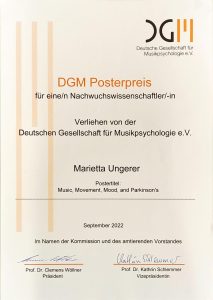
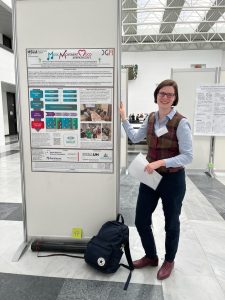
You can’t imagine how surprised and thrilled I was, because I hadn’t really expected it. The speech of praise by Claudia Bullerjahn, who had represented the commission for the selection of the poster prize winner, was incredibly beautiful and I was incredibly pleased. And the poster looks really great too, doesn’t it? Of course, this meant that the poster presentation the next day would be well attended 😀
First, however, we attended Olivier’s lecture on his groove model on Sunday morning, which went down very well with the visitors.
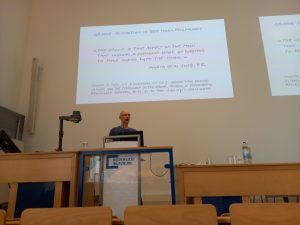
And also the second lecture on the topic of Fremdschämen bei deutschen Casting-Shows was great and very entertaining. Especially the sound and video examples!
Our poster presentation was then of course a complete success. Everyone wanted to look at the award-winning poster and learn more about our project. People were really excited, unsurprisingly of course, as it is truly a grandiose project. I also think that our presentation went down very well with the visitors. There were many interested questions and I think we made a professional impression.
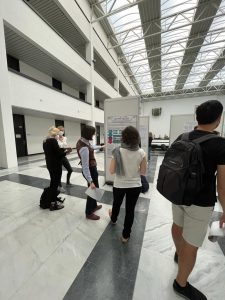
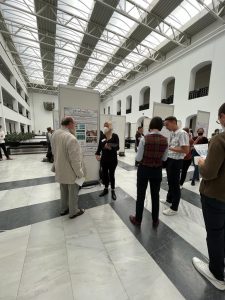
Of course, it was also very nice that I already knew a few of our poster visitors from my student days in Hamburg. They were of course very interested to hear what had become of me since I graduated and wanted to express their admiration.
All in all, my first live conference was a complete success, not only for me but also for the project that everyone in the DGM now knows and loves. I enjoyed the presentation and the conference in general so much that I can’t wait to go to my next one. I sincerely hope that this one will not be too long in coming.
Thank you so much for reading this blog and feel very welcome to leave comments. I can’t wait to tell you about all the other exciting things and experiences.
Best wishes and see you next time!

